Metal wall panels are also placed on cabinetry, desks and other surfaces that are not integrated into a building’s construction. Read More…
ISO 9001:2008 certified manufacturer specializing in custom roll forming. Unique profiles are run in gauges from 0.005" to 0.165" and widths up to 48" on 35 lines. Adding in-line operations may enhance your product.
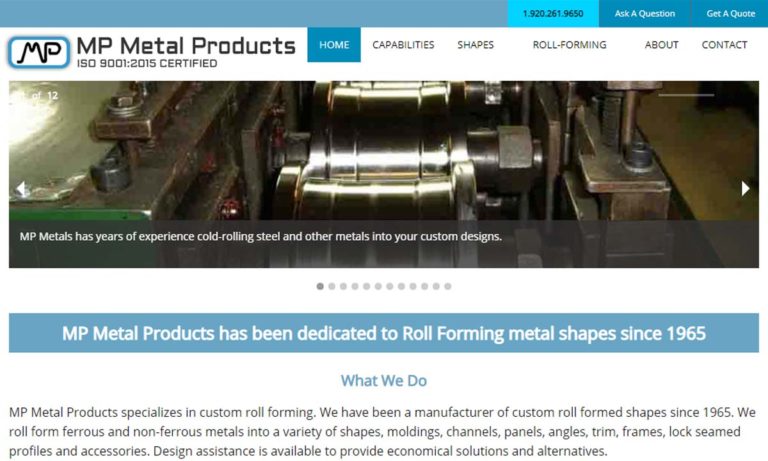
Johnson Bros. is a leading manufacturer when it comes to roll forming metals, pre-finished and plain. Such as profiles, U-Channels, C-Channels, J-Channels, Hat Channels, Box Channels, Zee Channels, Strut Channels, moldings, and more.
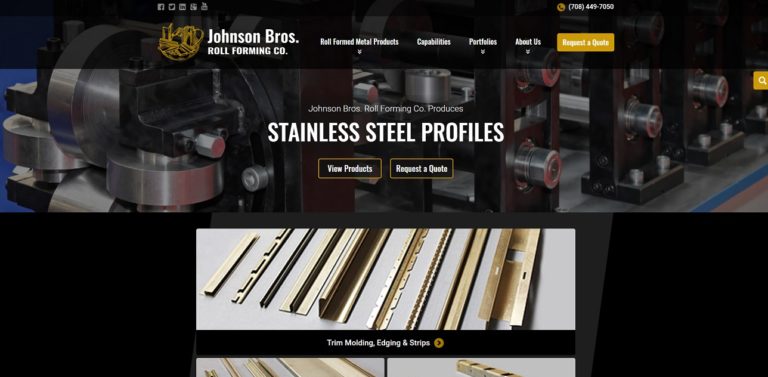
With over 50 years of experience, United Roll Forming specializes in roll forming for a variety of industries. Our products are the result of state-of-the-art machines that provide both quality and efficiency.
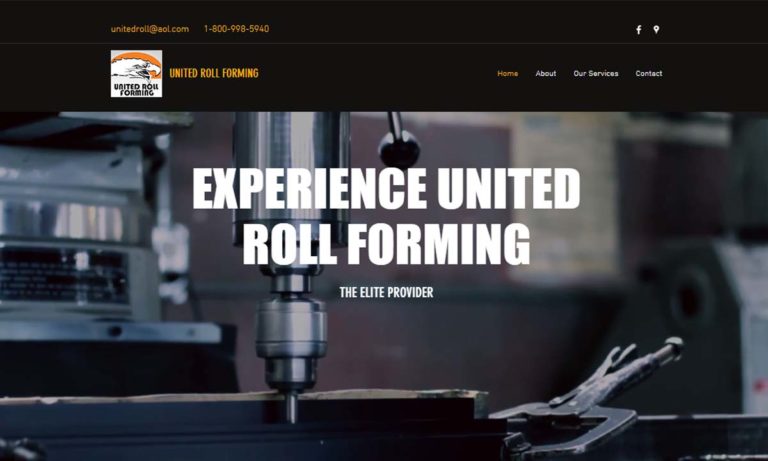
Producing five different standard products, as well as complicated roll forming sections and secondary operations such as notching, punching and fabricating, is Roller Die & Forming Company, Inc.
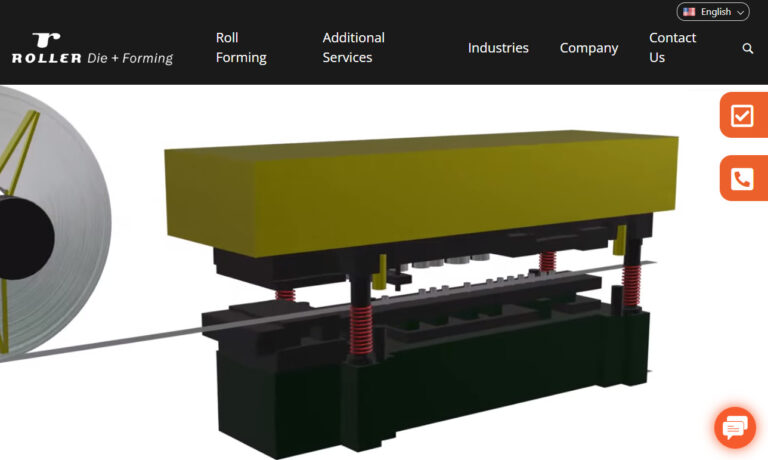
Premier Products of Racine is a full-service company established in 1999 that provides custom roll formed products for applications such as outdoor appliances, tanker trucks, and office furniture.
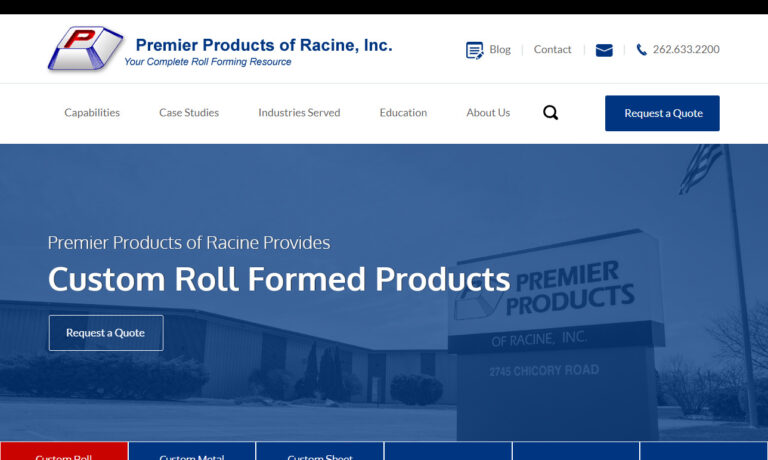
More Metal Wall Panel Companies
In offices, metal wall panels are attached to walls to improve an area's appearance. In industrial settings, they can be used to protect walls from flying sparks or debris, which could threaten the integrity of a building. In laboratories, metal wall panels are widely used as backsplash plates; they cover walls near sinks or other areas prone to spills with easily-cleanable surfaces.
In some cases, contaminant or corrosion-resistant metals can be used, decreasing the risk to laboratory workers and improving conditions for conducting experiments. Metal wall panels can be made of aluminum, bronze, stainless steel, copper, zinc and many other metals, but steel is the most common material.
Metal wall panels can be flat, corrugated, textured or smooth and are generally inexpensive to purchase and install. The possibilities for panel design are limited only to a given customer's budget and creativity.
Wall panels can be designed and processed in many different ways; because the desired surface texture of one metal wall panel can differ from one design to another, a diversity of panel production methods is required to allow for the range of products customers desire. Roll forming is among the simplest methods for creating wall paneling.
Some roll formers can even shape metals that have already been cured, finished or otherwise treated without damaging or changing the qualities of the surface. The process begins with a stock of metal that is fed into a set of rollers. The rollers are positioned in a way that allows them to tightly grip the contours of the metal.
The next set of rollers in the sequence, which are positioned no farther than a few inches away from the first rollers, are configured in a slightly different way, one step closer to the final shape the metal will take. Each subsequent roller is positioned in a slightly different way than the last. By the time the metal reaches the last rollers, it has taken its final shape and is ready to be cut and prepared for shipment.

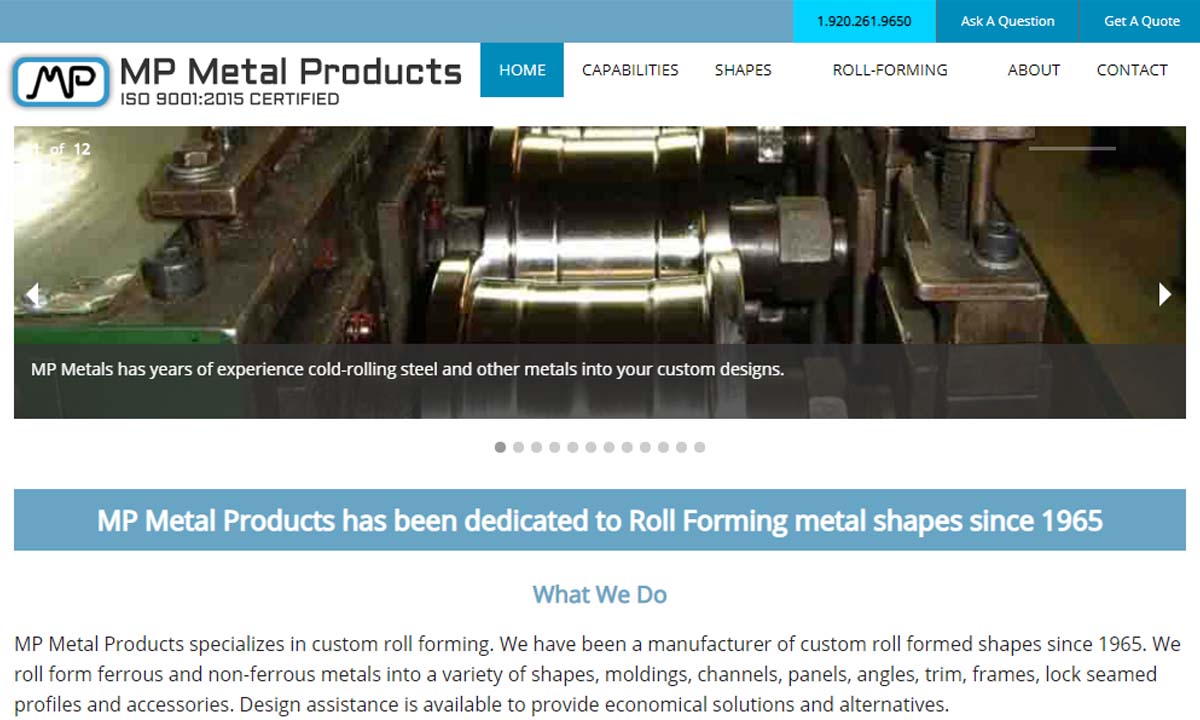
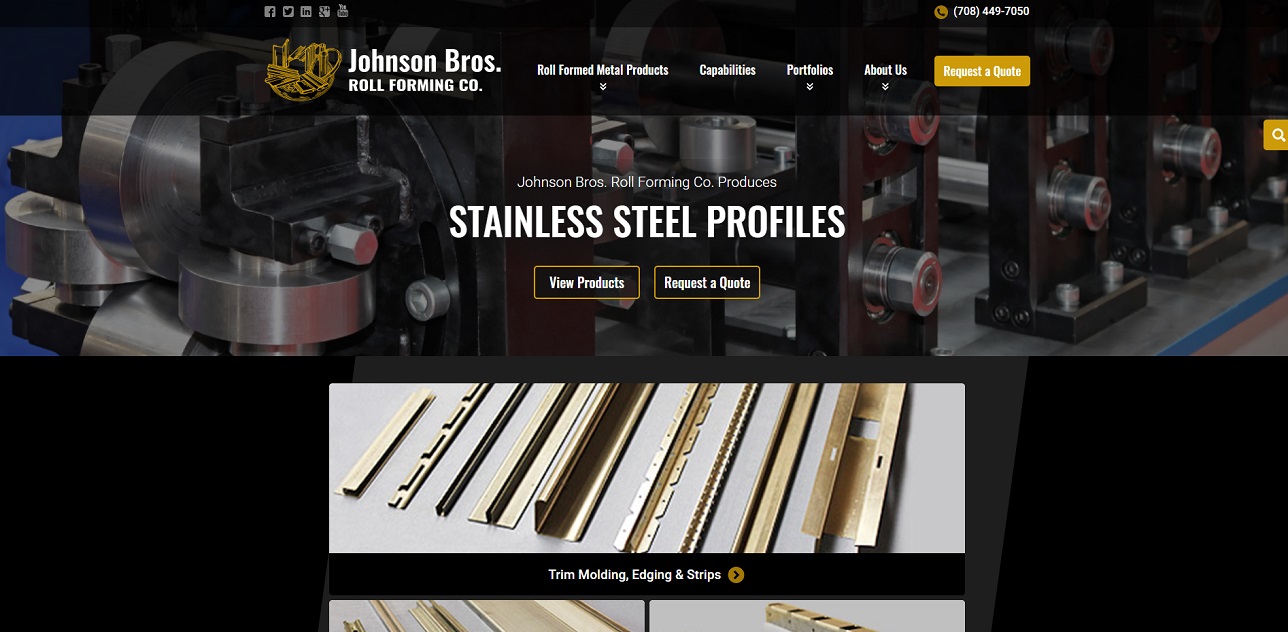
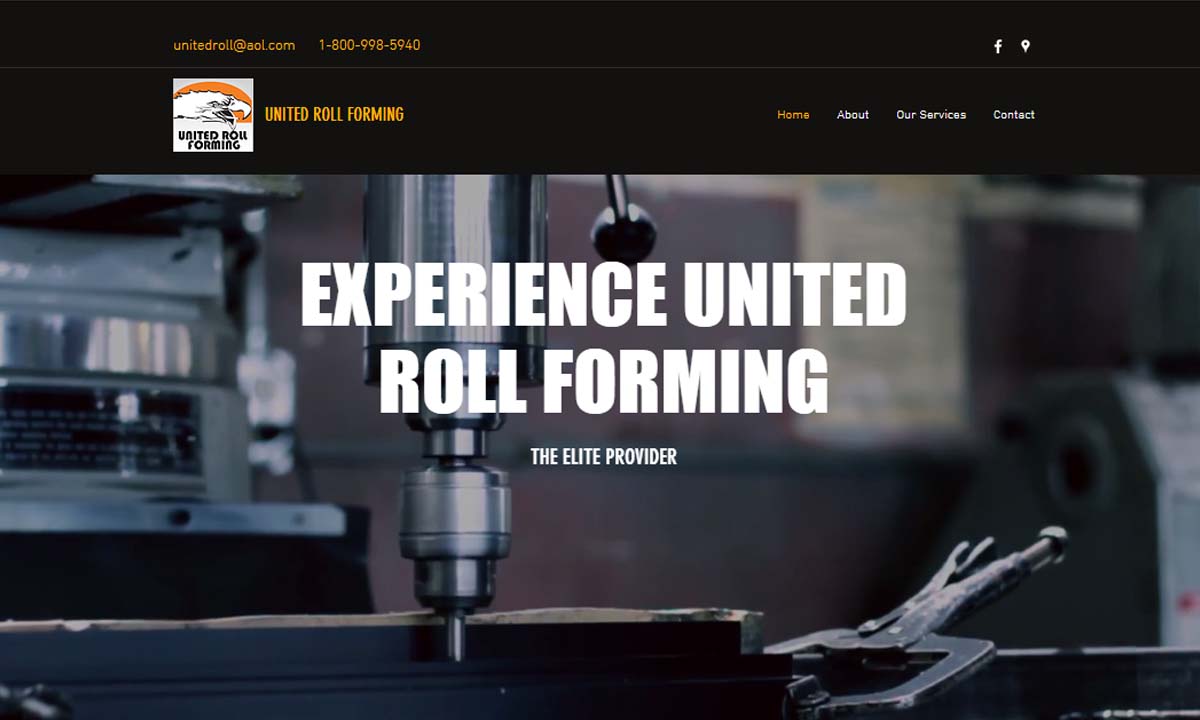
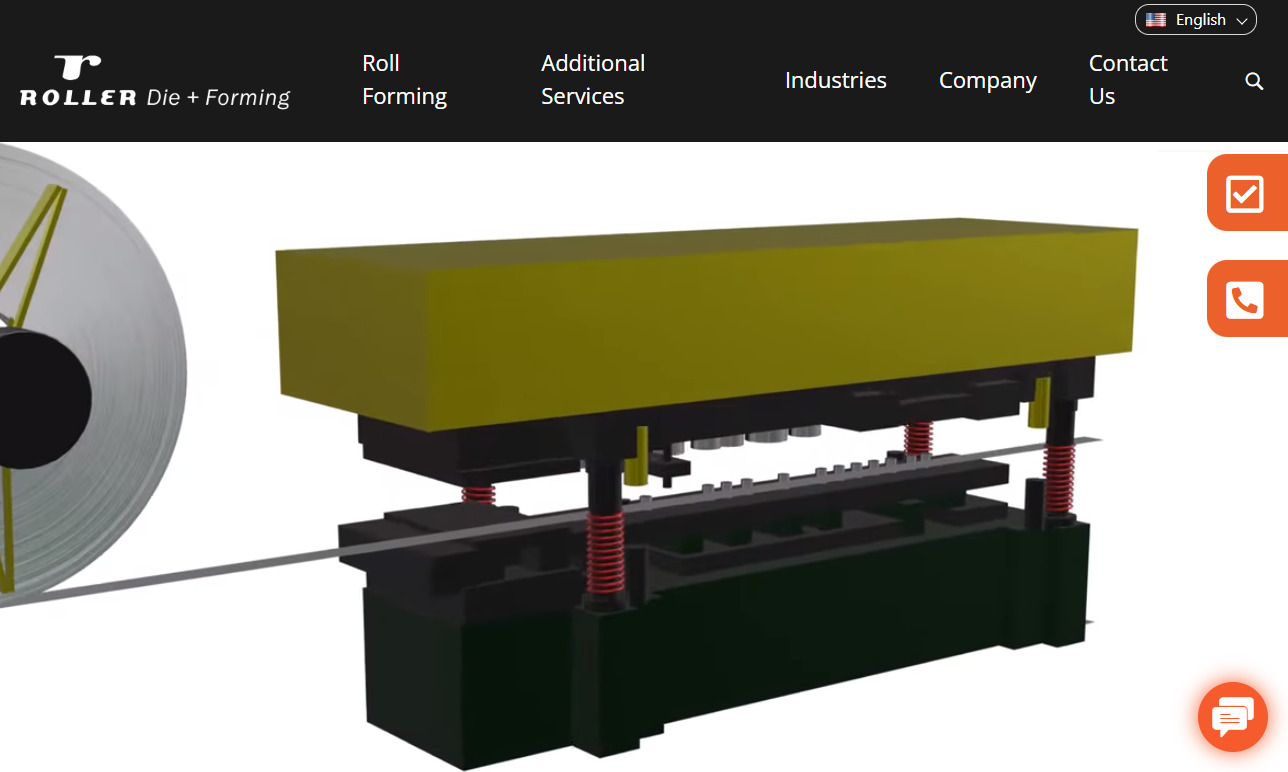
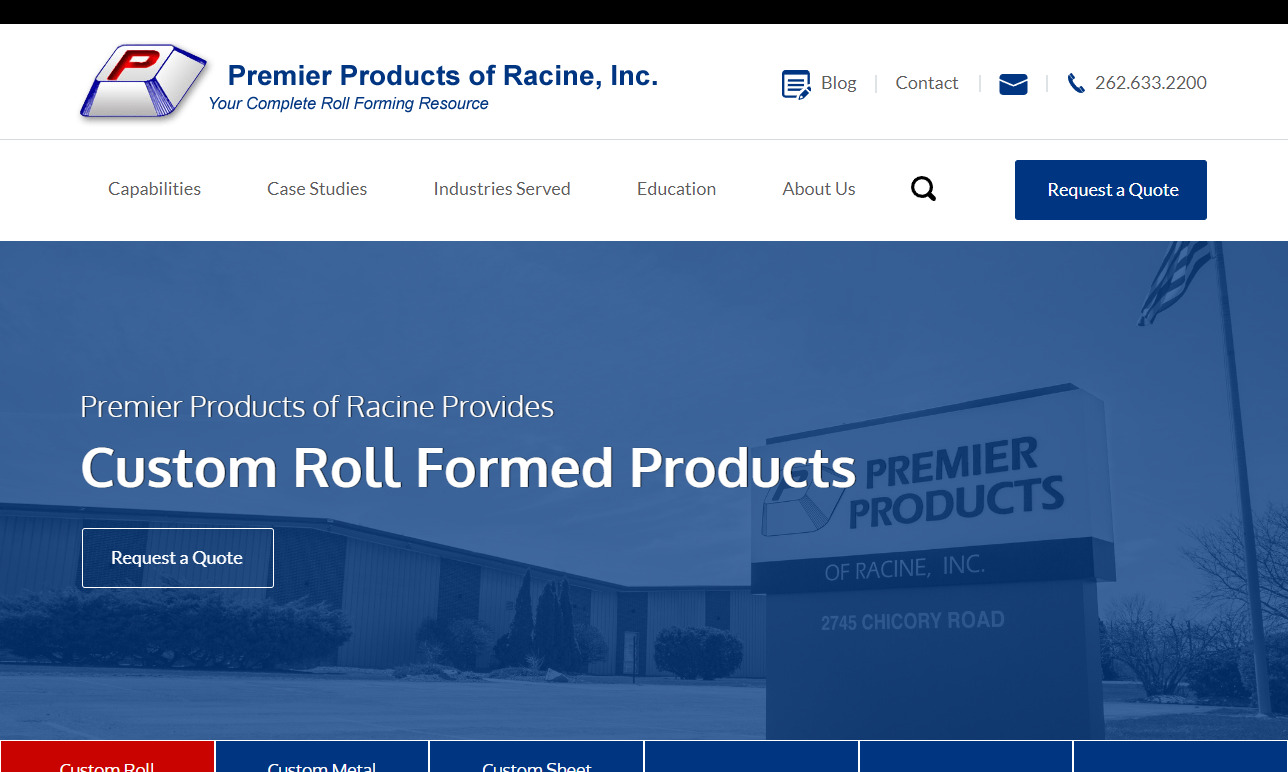
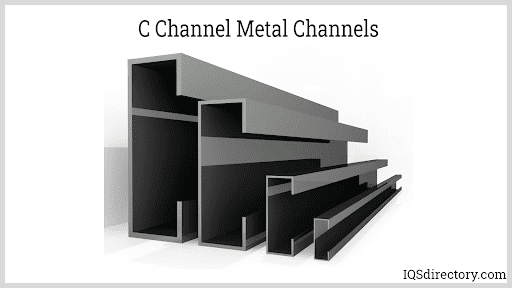
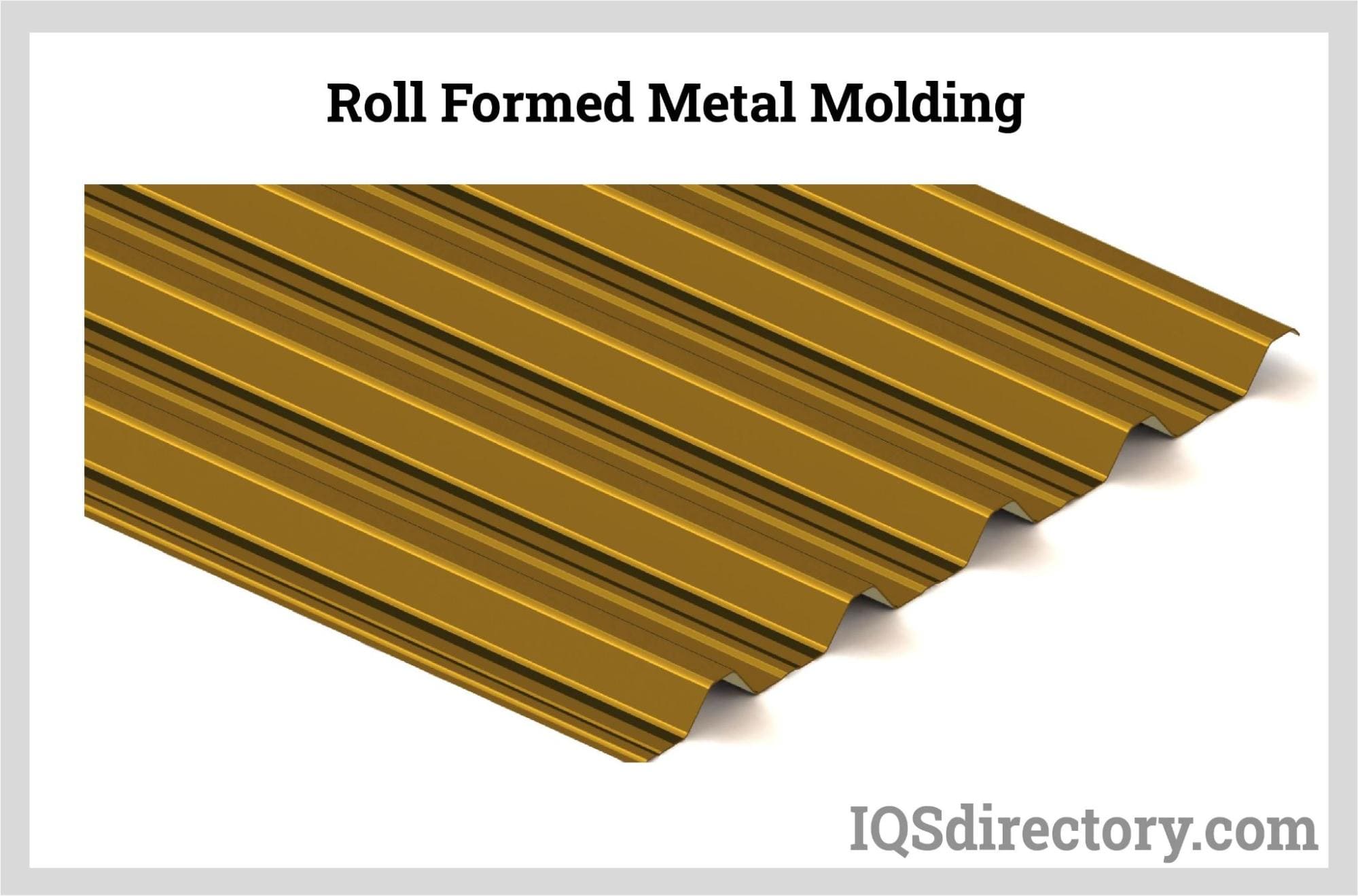
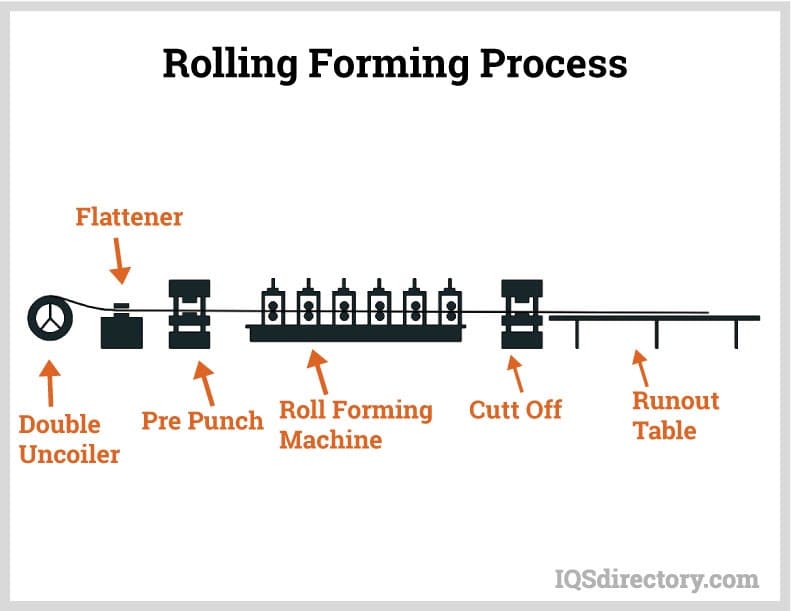
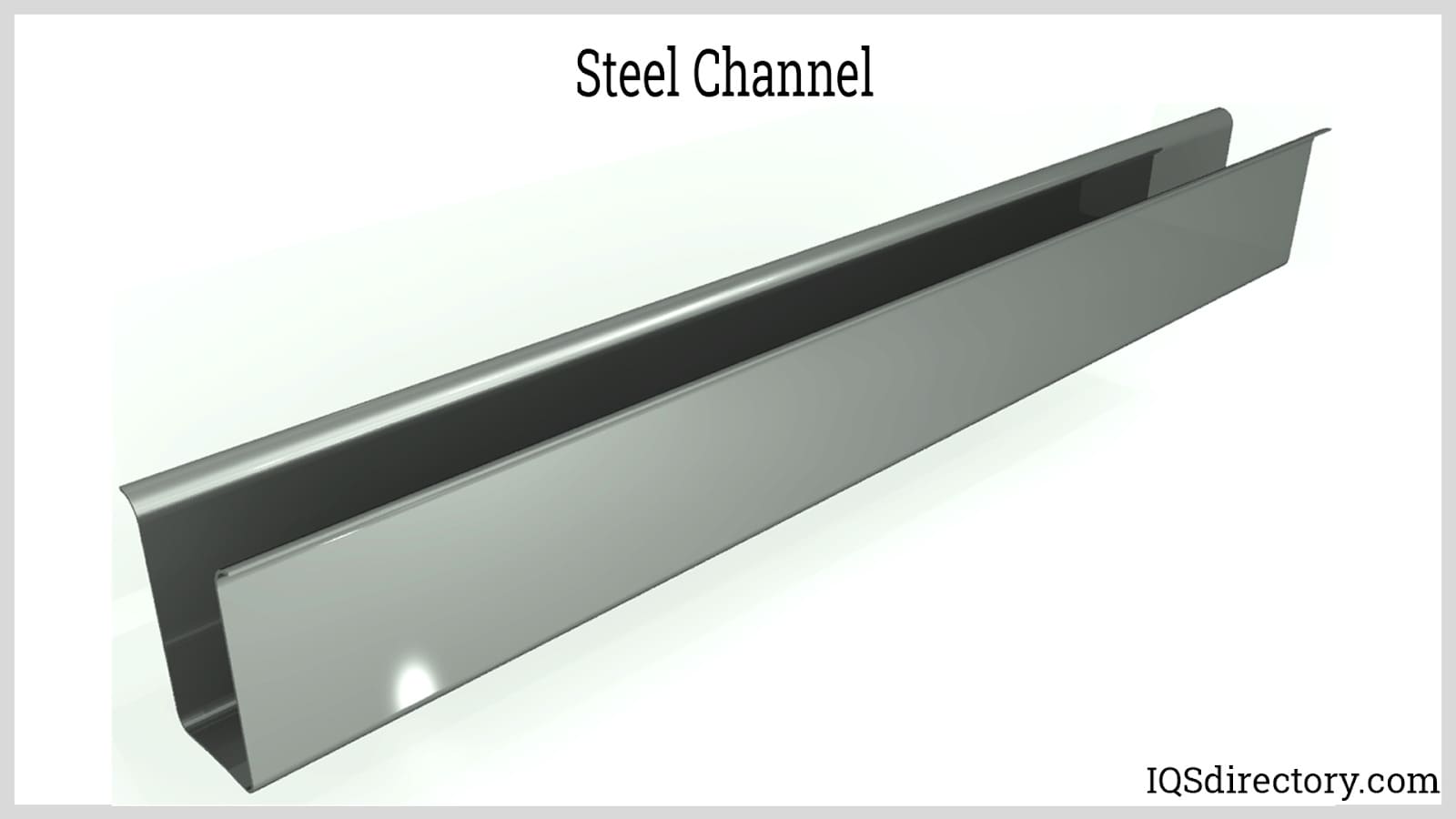
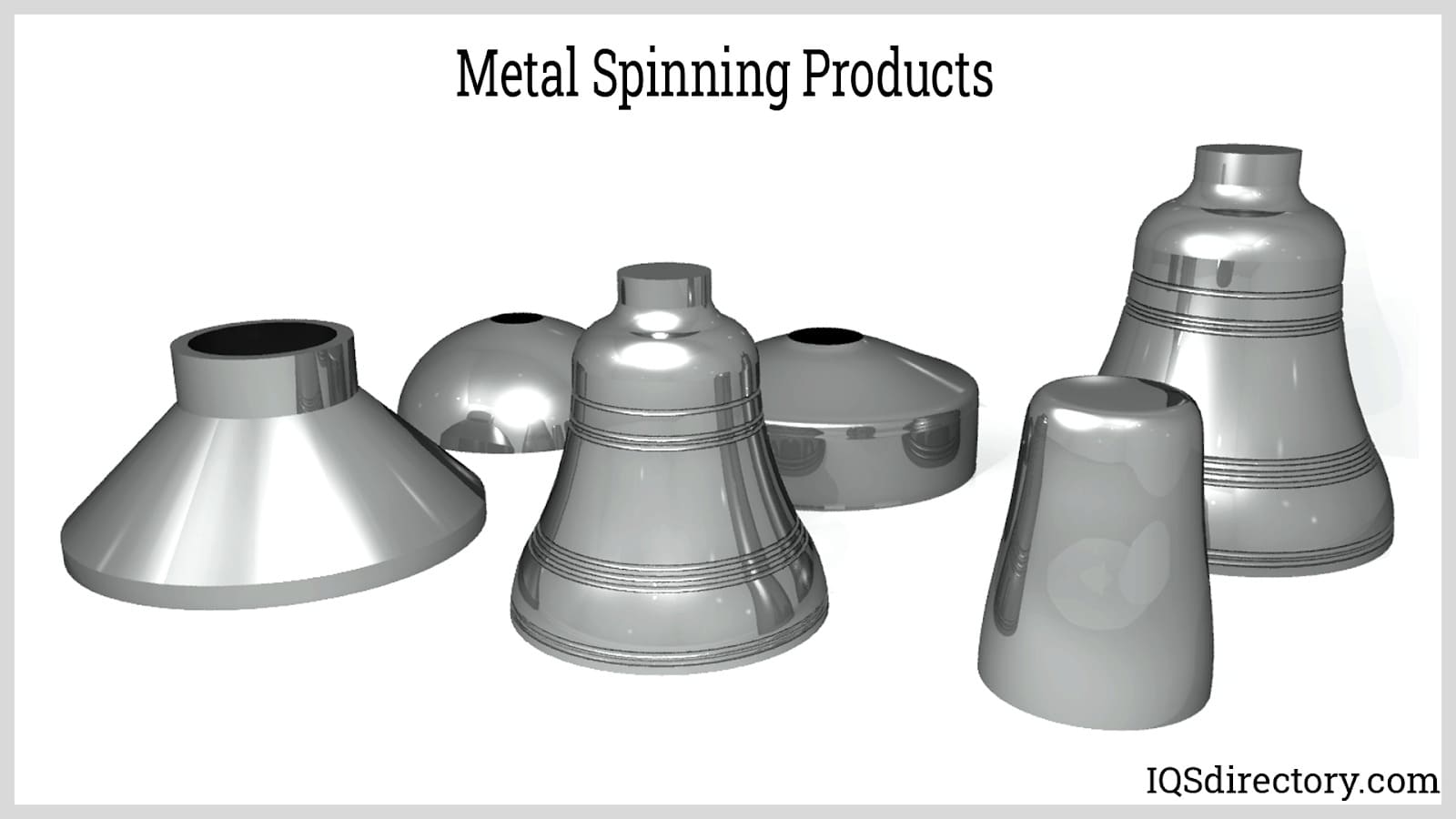
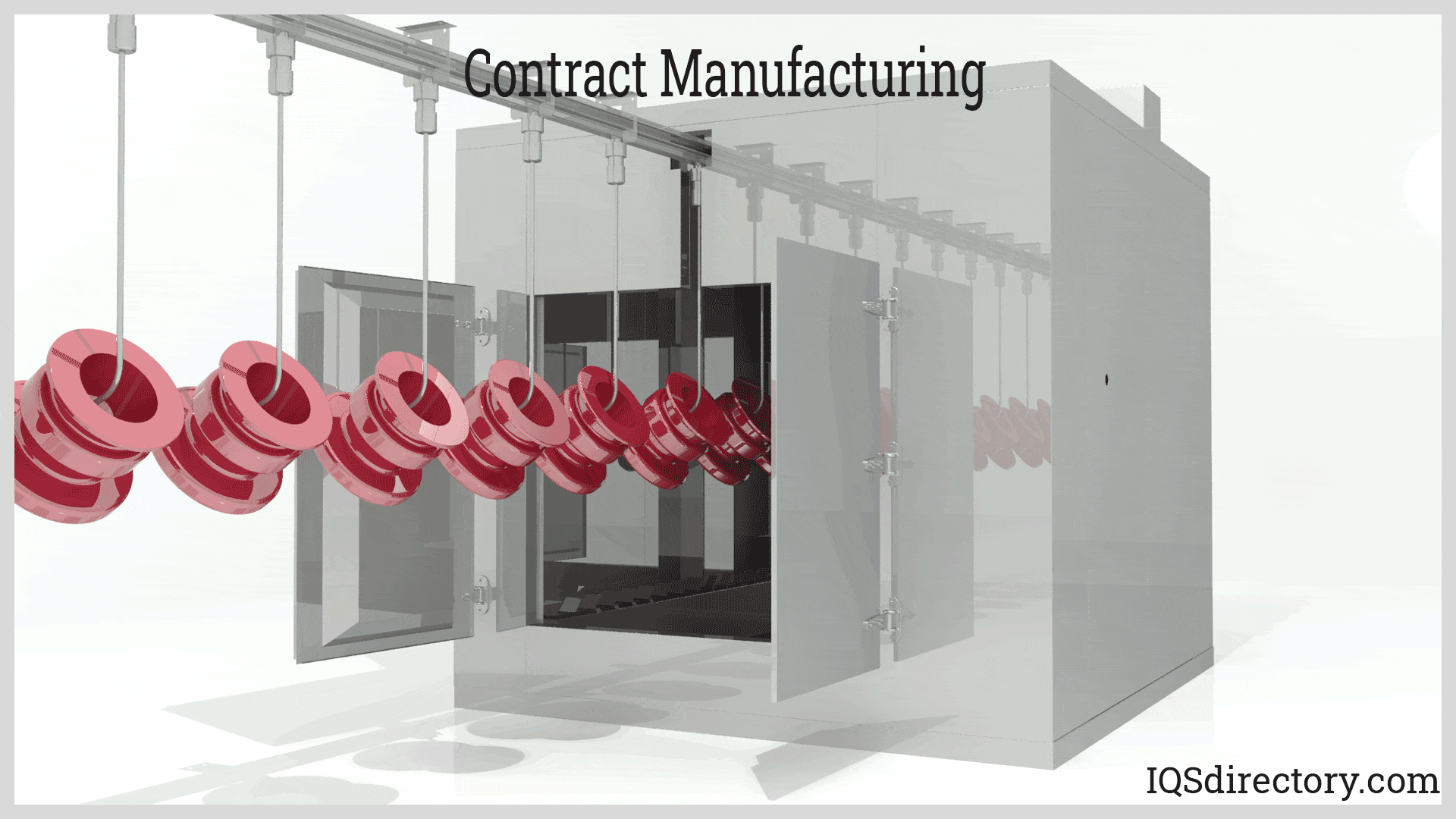
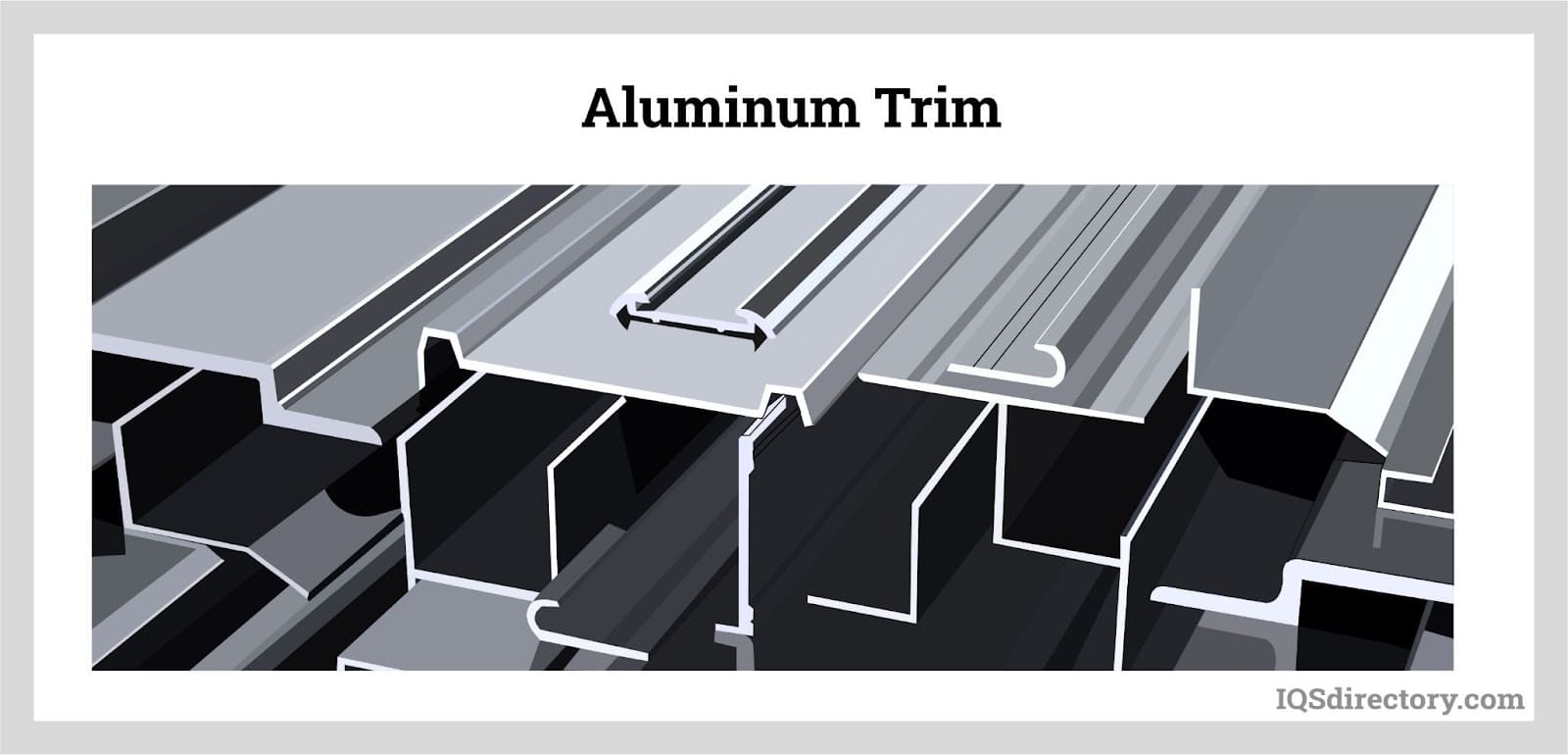
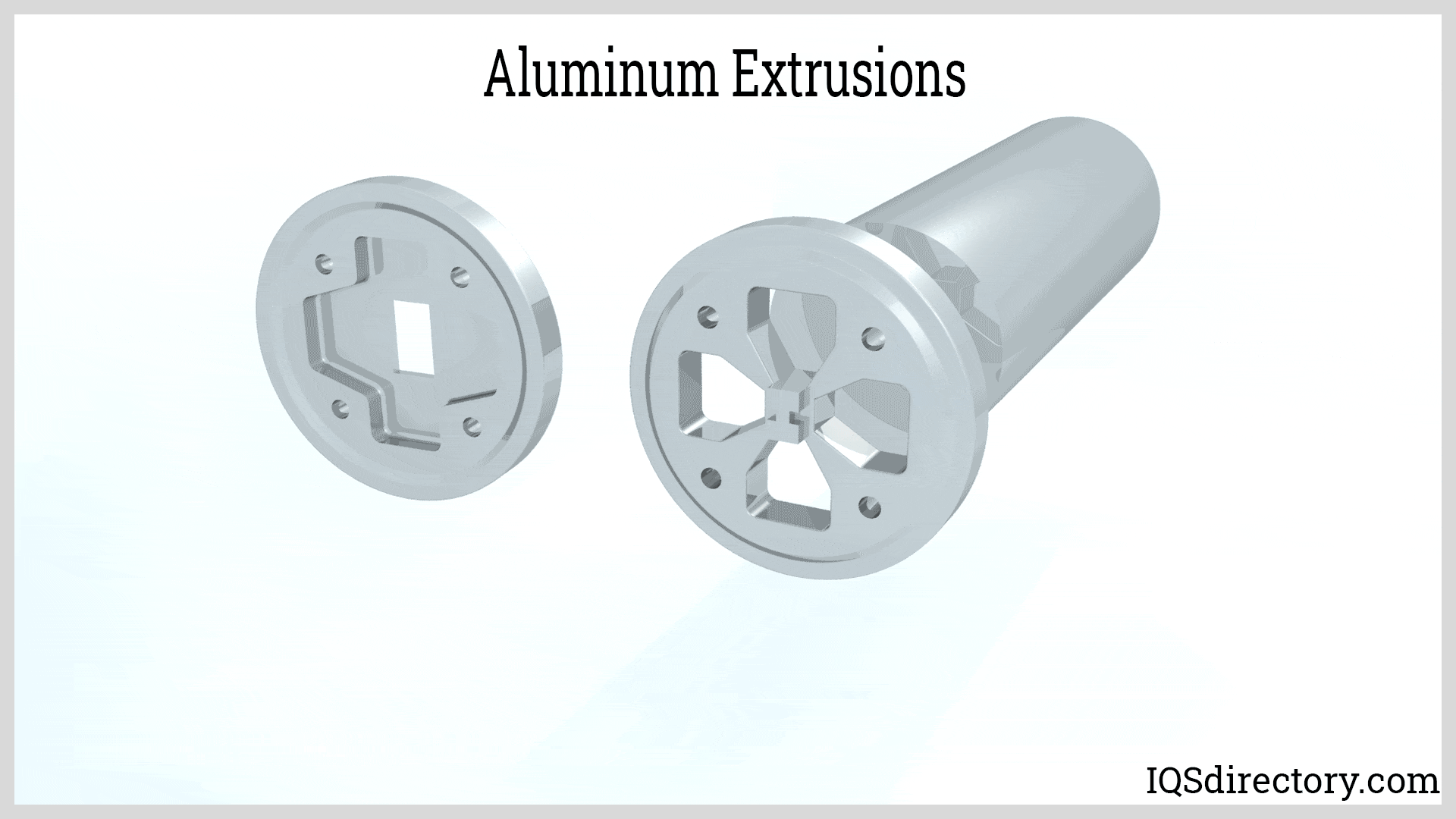
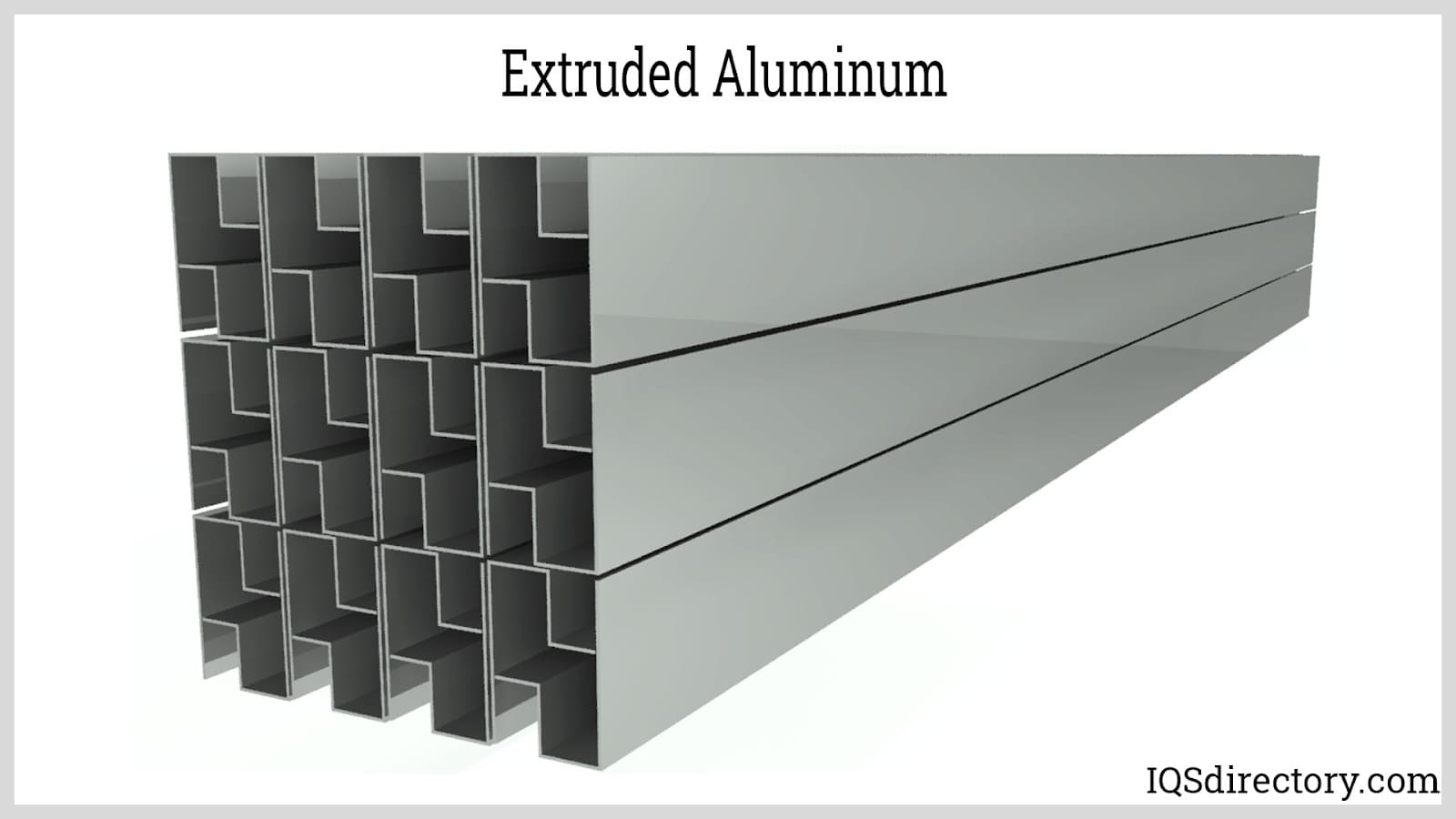
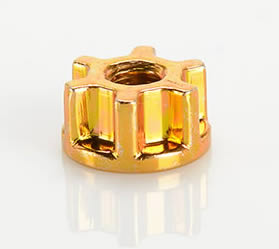 Cold Headed Parts
Cold Headed Parts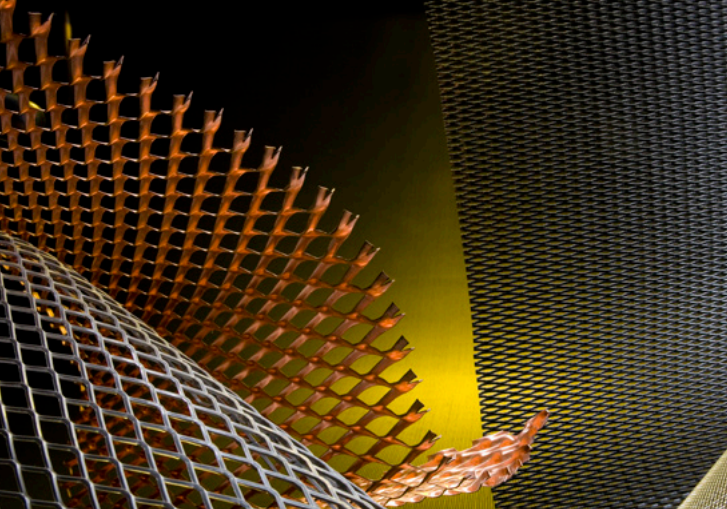 Expanded Metals
Expanded Metals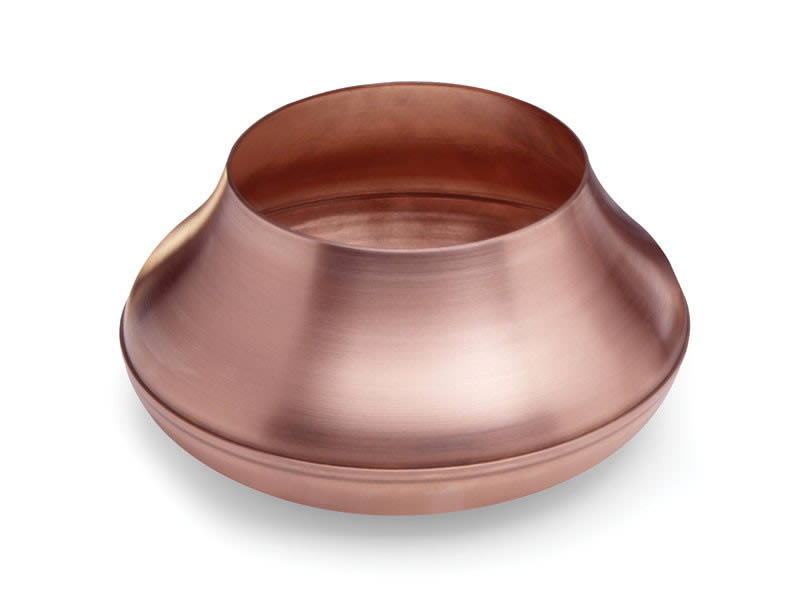 Metal Spinning
Metal Spinning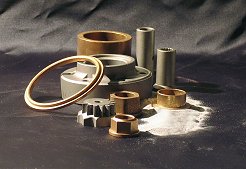 Powdered Metal Parts
Powdered Metal Parts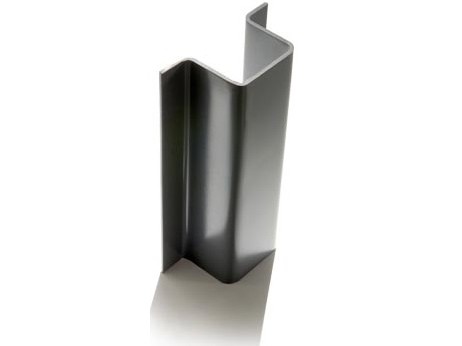 Roll Forming
Roll Forming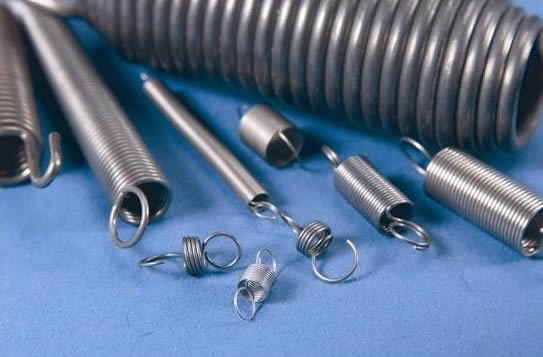 Springs
Springs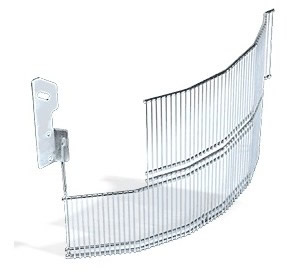 Wire Forms
Wire Forms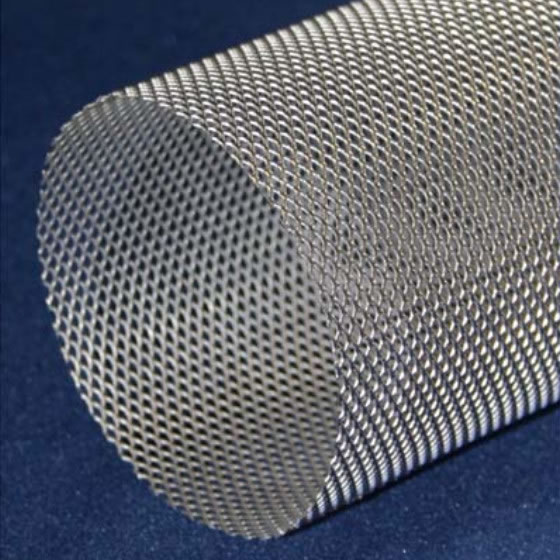 Wire Mesh
Wire Mesh Castings & Forgings
Castings & Forgings Bulk Material Handling
Bulk Material Handling Electrical & Electronic Components
Electrical & Electronic Components Flow Instrumentation
Flow Instrumentation Hardware
Hardware Material Handling Equipment
Material Handling Equipment Metal Cutting Services
Metal Cutting Services Metal Forming Services
Metal Forming Services Metal Suppliers
Metal Suppliers Motion Control Products
Motion Control Products Plant & Facility Equipment
Plant & Facility Equipment Plant & Facility Supplies
Plant & Facility Supplies Plastic Molding Processes
Plastic Molding Processes Pumps & Valves
Pumps & Valves Recycling Equipment
Recycling Equipment Rubber Products & Services
Rubber Products & Services